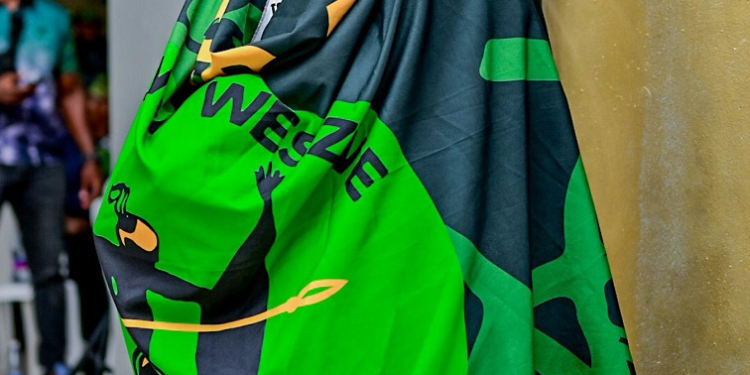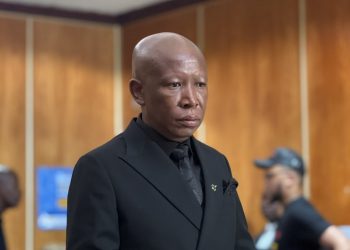In a political landscape where most parties are scrambling to position themselves on South Africa’s heated VAT debate, the uMkhonto weSizwe (MK) Party has taken an unexpected approach: deliberate silence. The party’s refusal to engage in the contentious discussion over the recent VAT reversal has sparked speculation about its motives, with some praising the move as tactically shrewd while others warn it could be a misstep.
While opposition parties and civil society groups have clashed over whether the VAT rollback is a relief for struggling households or a fiscal disaster, the MK Party has remained conspicuously absent from the fray. Insiders suggest this is a strategic choice—an effort to avoid being drawn into a polarizing debate that could derail its focus on grassroots mobilization and core campaign issues like economic redistribution and land reform.
Critics argue that the party’s silence on such a critical economic issue—one that directly affects the wallets of millions—could make it seem out of touch with everyday struggles. In a nation grappling with soaring living costs, voters may question why a party claiming to champion the marginalized isn’t speaking up.
Yet supporters counter that the MK Party is playing the long game. By sidestepping what they see as a politically charged but ultimately distracting debate, the party may be positioning itself as a disciplined movement that refuses to be baited into reactive politics. Instead, it appears to be conserving its energy for battles it deems more consequential to its base.
The VAT debate has become a litmus test for where parties stand on economic policy, and the MK Party’s absence leaves a noticeable void. Some analysts suggest its silence could be a way to avoid alienating potential allies—or to dodge taking a stance that might contradict its populist messaging. Others speculate it’s biding its time, waiting for a more opportune moment to weigh in.
For now, the MK Party seems content to let others dominate the VAT discourse while it focuses on consolidating support behind the scenes. Whether this approach will pay off in credibility or backfire as indifference remains to be seen. But one thing is clear: in a noisy political arena, the MK Party is betting that sometimes, the loudest statement is saying nothing at all.
As the VAT controversy continues to unfold, all eyes will be on whether the party’s gamble on silence proves to be a masterstroke—or a miscalculation that leaves it sidelined in a crucial national conversation.





















